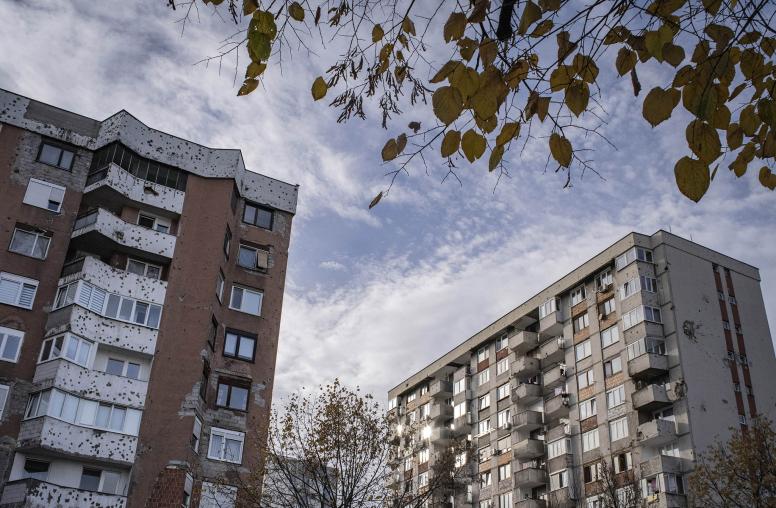Incorporating Religious Sensitivity in Trauma Healing for Displaced Persons
Contributions of Religion to Psychosocial Support and Mental Health for Migrants and Refugees
With 84% of the global population identifying with a religious group, what effect can religion have on mental health service provision? Despite growing evidence that faith and spirituality play a vital role in helping individuals cope with mental health problems and illness, there is insufficient guidance on how psycho-spiritual interventions can be best utilized. Crucially, in refugee and migrant populations, faith-sensitive mental health and psychosocial support (MHPSS) has the potential to open pathways to care by offering connection, healing and support — making it a key factor in scaling up the quality of and access to MHPSS.
English
Spanish
As part of this year’s World Mental Health Day, USIP and the U.S. Department of State’s Office of International Religious Freedom’s Strategic Religious Engagement Unit hosted a discussion on religion, MHPSS and migration. The conversation drew on findings from USIP’s initiative on Religious and Psychosocial Support for Displaced Trauma Survivors, which has identified specific ways in which faith-sensitive MHPSS can increase the effectiveness of trauma healing interventions for migrants and refugees. Panelists offered insight on actions that can be implemented in current efforts to assist migrants from highly religious contexts and to improve the quality of and accessibility to MHPSS to facilitate integration and reconciliation.
Take part in the conversation on Twitter with #ReligionAndMHPSS.
Speakers
Palwasha Kakar, opening remarks
Interim Director, Religion and Inclusive Societies, U.S. Institute of Peace
Dan Nadel, opening remarks
Senior Department Official, Office of International Religious Freedom, U.S. Department of State
Dr. Alastair Ager
Director, Institute of Global Health and Development, Queen Margaret University, Edinburgh, United Kingdom
Dr. Elena Fiddian-Qasmiyeh
Principal Investigator, Refugee Hosts; Professor of Migration and Refugee Studies, University College London
Dr. Wilson López López
Professor, Pontificia Universidad Javeriana
Cristal Palacios
Founder and Director, Psicodiáspora
Camilo Ramirez Parra
Country Director, HIAS Colombia
Nida Ansari, moderator
Policy Advisor, Strategic Religious Engagement, U.S. Department of State
Andres Martinez Garcia, moderator
Program Manager, Religion and Inclusive Societies, U.S. Institute of Peace
Jerry White, closing remarks
Award-Winning Humanitarian Activist and Professor of Practice, University of Virginia



